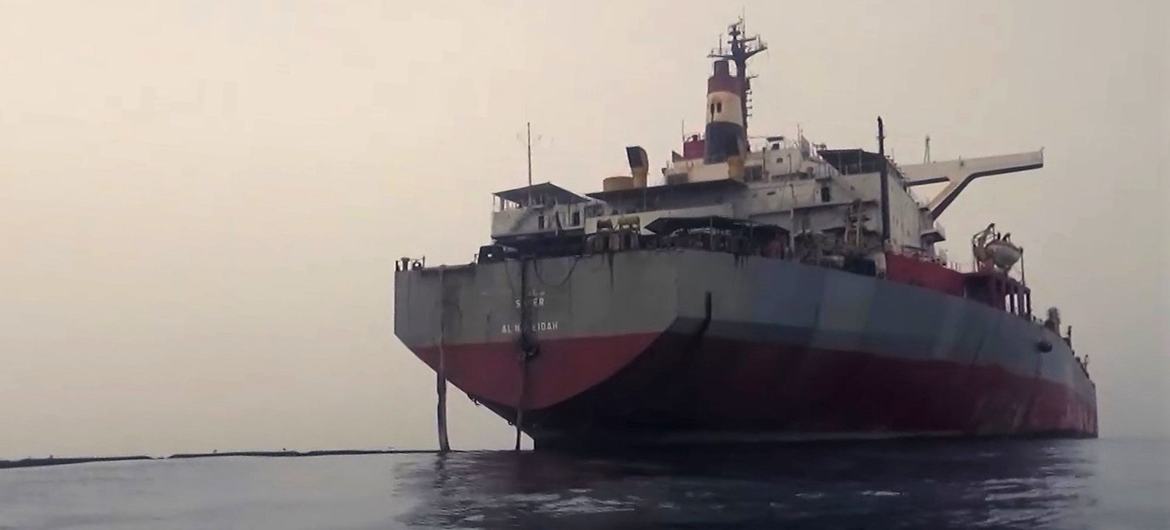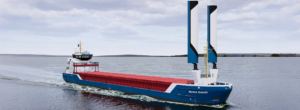The oil transfer from the decaying FSO Safer in war-torn Yemen and the cleaning of the ship’s oil tanks were successfully completed, marking the end of a complex salvage operation that began in late May, the marine salvage company SMIT, part of Boskalis, announced.
With the successful oil transfer, a huge environmental disaster with serious humanitarian, environmental and economic consequences was averted.
Boskalis said the team from its Smit Salvage unit completed the final activities two days ago, which included the cleaning of the tanks of the Safer and assisting with the mooring of the Yemen at a location in the vicinity of the Safer.
Carrying over 1.1 million barrels of oil, the supertanker FSO Safer was abandoned off Yemen’s Red Sea port of Hudaydah after the civil war broke out in Yemen in 2015. Since then, the Safer had deteriorated significantly in absence of any servicing or maintenance, prompting fears of a major environmental disaster.
The United Nations-led project to prevent a massive oil spill from the supertanker took a major step forward when Smit´s replacement oil tanker Yemen (formerly known as Nautica) sailed from Djibouti and arrived to the Safer site, stabilizing the decaying ship.
After having transferred all the 1.1 million barrels of oil from the Safer to the replacement oil tanker Yemen on 11 August, Smit Salvage completed the final activities on Monday.
Smit’s multipurpose support vessel Ndeavor left for Djibouti, in east Africa, where the salvage crew will disembark and the Ndeavor is then expected to set sail for Rotterdam, the Netherlands.
Backed by generous funding from Member States, the private sector, and the general public, which contributed $300,000 through a crowdfunding campaign, the United Nations raised about $118 million of the $148 million estimated budget for the Safer operation.
The broad coalition working to prevent the catastrophe also includes environmental groups, including Greenpeace and, in Yemen, Holm Akhdar as well as several UN entities.



